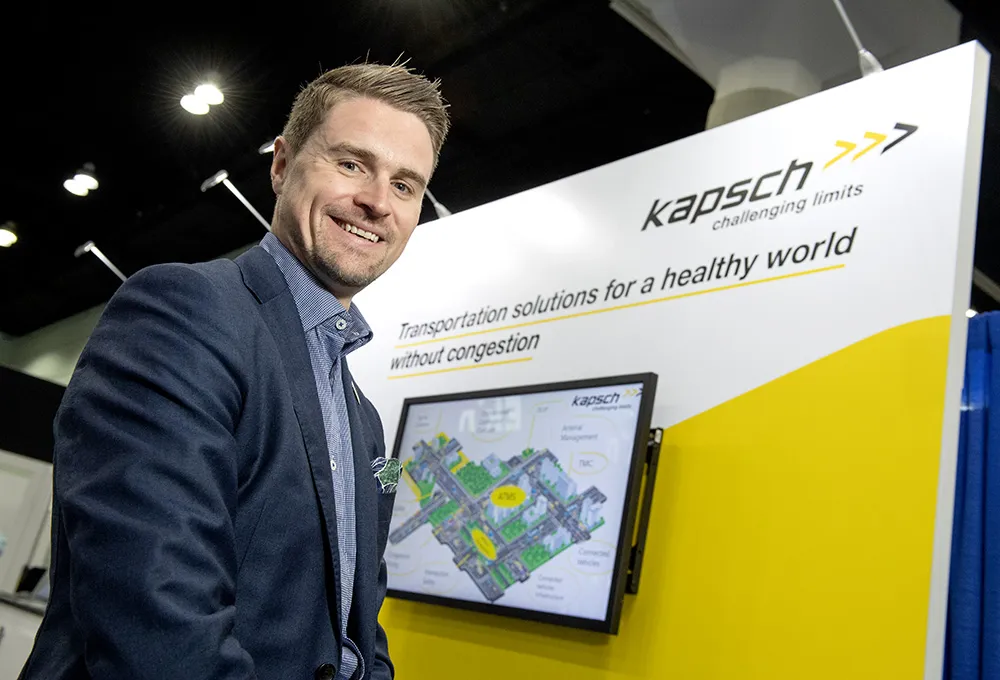
The future of mobility will be one with no traffic accidents or fatalities, according to Continental, based in Hannover, Germany. City infrastructure will communicate with vehicles to take drivers from point A to B at the push of a button - safely dropped off anywhere without fighting for a parking spot. Continental’s intelligent intersections and Smart City applications will push the boundaries of the automotive industry and pave the way for the future of mobility globally. At ITS America 2018 Continental will be participating and hosting events including Session Intersection 2.0: Improving Intersection Safety, with UMTRI’s John Sullivan.
Meanwhile, the Cadillac XTS Driver Focus Vehicle Demonstration will drive through the Detroit corridor under Dedicated Short Range Communication-connected traffic signals and show users the advantages of traffic-light assist. The Static Cruising Chauffeur FCA300 demonstration will show the human-machine interface for automated driving.
An expert panel will include Kirk Stuedle, transportation director Michigan Department of Transportation.
Booth 215








